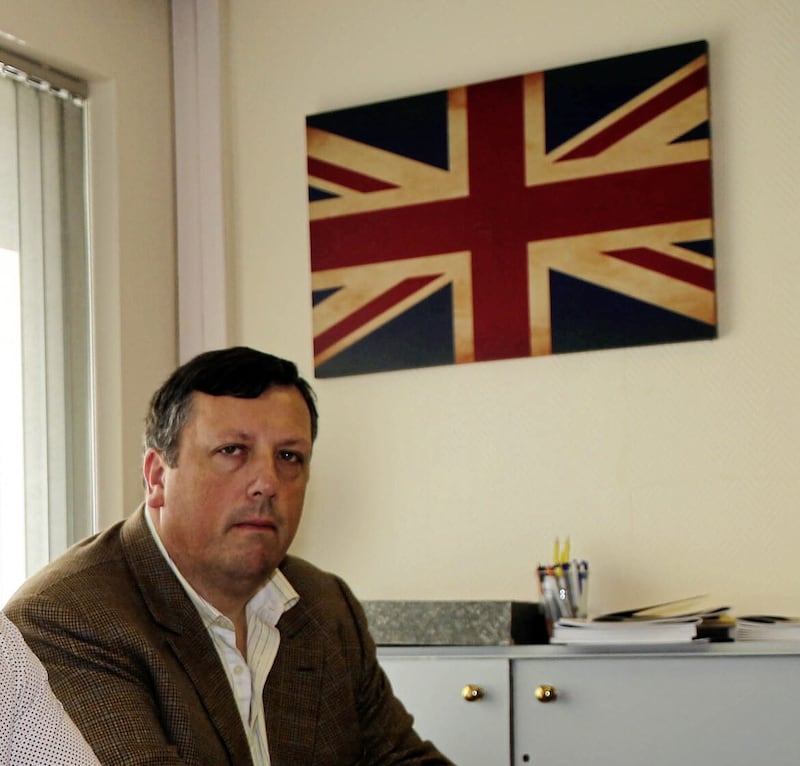In a couple of weeks it will be exactly 30 years since UVF founding member Gusty Spence confirmed to a packed press conference that the three main loyalist paramilitary groups were calling a ceasefire.
It came less than two months after a similar announcement by the IRA, and was a crucial stage in the path to all-party talks that would result in the Good Friday Agreement.
While it would be some years before IRA violence would come to a complete end, its guns are definitively now silent and republicans have embraced exclusively political means to attain their goals.
The same, tragically, cannot be said for loyalist paramilitary organisations, who not only continue to exist but maintain malign control on many communities, with members involved in intimidation, extortion, drug dealing and other forms of criminality.
There has even been evidence of ongoing recruitment, giving a lie to claims that they intend to put themselves out of business.
It is true that after initial success, loyalist parties no longer have a presence at Stormont and many communities, seeing Sinn Féin enjoying unprecedented power and influence, may have a sense of the peace process having left them behind.
That was part of the rationale for the creation of the Loyalist Communities Council in 2015, with the hope that such a vehicle would help accelerate long-delayed transition to purely peaceful activities.

Its launch was accompanied by a re-commitment to the 1998 Agreement and pledge to “eschew all violence and criminality”.
However, a decade on, with loyalist paramilitaries implicated in recent racist violence and intimidation and seemingly no further down the road to disbandment, there can be no justification whatsoever for Education Minister Paul Givan meeting with the LCC.
If voices within loyalist communities wish to engage on issues around education that is to be encouraged. Working-class unionist areas have been utterly failed by their politicians and educational under-performance by Protestant boys in particular is an area of great concern.
But while paramilitary groups are actively involved in harming young people and blighting their futures through coercion in street disorder or criminality, they cannot be part of any such forum. Rather than hastening their abolition, engagements such as this legitimise illegal organisations and only put off the day when they finally leave the stage.
With both Secretary of State Hilary Benn and the PSNI appearing to have distanced themselves from the LCC, it would be unthinkable for such a meeting to happen in any other democratic society.
A firm message needs to finally go out to loyalist paramilitaries and all those engaged in violence or criminality that their actions will no longer be tolerated.








